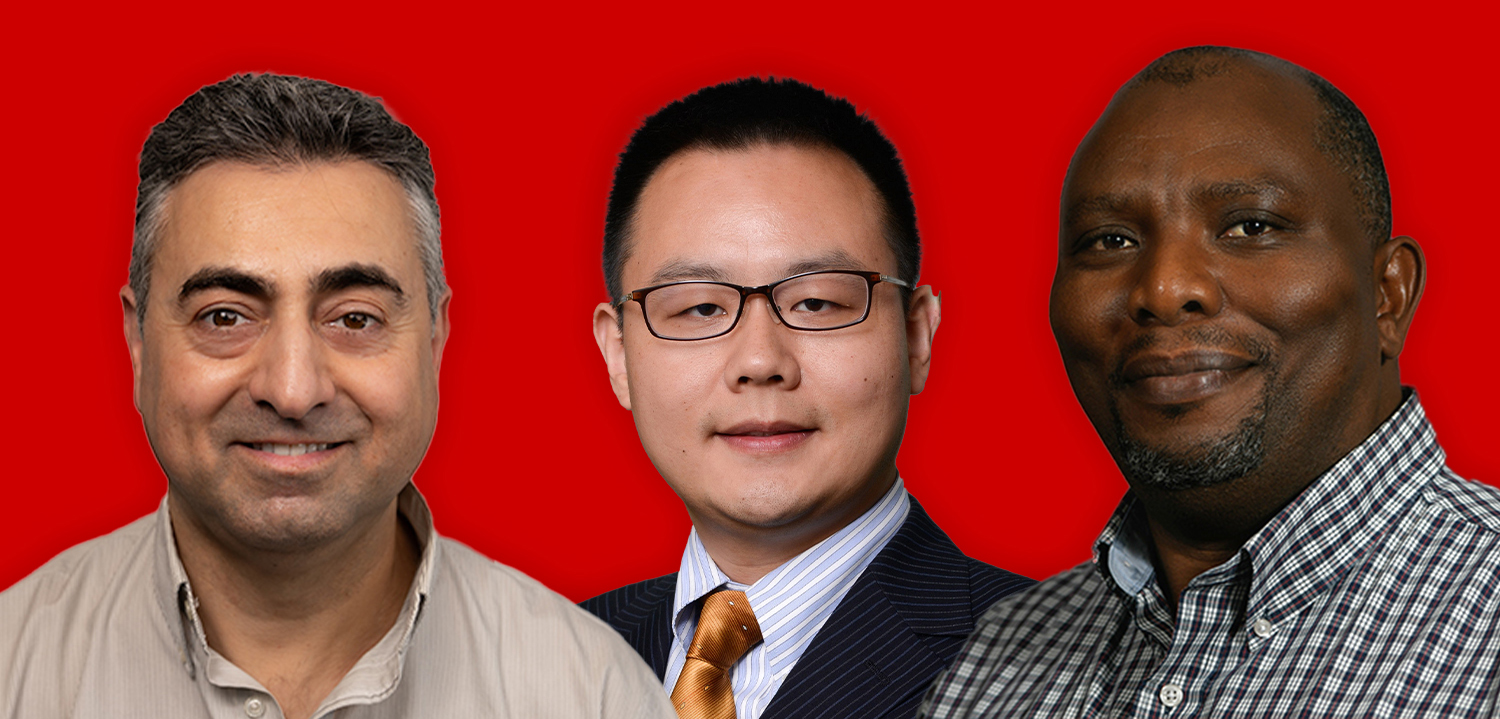Genzer receives 2019 R.J. Reynolds Award

[retina_image id=’23970′ align=’left’ caption=’false’]
Dr. Jan Genzer, S. Frank and Doris Culberson Distinguished Professor in the Department of Chemical and Biomolecular Engineering (CBE) at North Carolina State University, is the thirty-fifth recipient of the R.J. Reynolds Tobacco Company Award for Excellence in Teaching, Research and Extension. Genzer gave his award titled, “A Voyage from Flatland to the Flatterland, and the Highlands in Soft Matter,” at the Larry K. Monteith Engineering Research Center on NC State’s Centennial Campus on Oct. 29.
The R.J. Reynolds Tobacco Company Award for Excellence in Teaching, Research and Extension was established in 1981. It honors a College of Engineering faculty member who has demonstrated superiority in several areas of activity that relate to the NC State’s three-fold mission of teaching, research and extension. The annual award is supported by the R.J. Reynolds Tobacco Company through the NC State Engineering Foundation to recognize scientific and educational achievements in fields of engineering. The recipient is given a $25,000 prize distributed over five years.
Internationally recognized for his research in the area of soft materials, Genzer is a leading scholar in the area of polymer physics and interfacial phenomena, a prolific publisher of scholarly papers, a dedicated and innovative teacher and an enthusiastic organizer of scientific events in the Research Triangle area.
During his time at NC State, Genzer, his students and collaborators have engaged actively in a variety of projects exploring the assembly of polymers and self-assembled monolayers on surfaces and at interfaces, developed novel methods of decorating surfaces with position-dependent soft matter gradients, conceived techniques enabling fabrication of substrates with well-defined hierarchical topographies and contributed to theoretical understanding of soft material partitioning in confined geometries and at surfaces and interfaces.
Genzer has been actively involved in scientific and public outreach endeavors in the Research Triangle area. In 2008, he organized an international student symposium on Soft Matter in the Research Triangle Park, N.C., area. The following year, he helped co-organize an inaugural Triangle Soft Matter meeting at NC State, which is now being held annually at one of the Triangle Research I universities. In 2015, he, along with Drs. Steve Craig and Michael Rubinstein from Duke University, formed a Research Triangle-wide Soft Matter Discussion Group, whose primary purpose is to share the current state-of-the-art developments in soft materials with faculty members, students, professionals and the public in the Research Triangle area. Since its inception, Genzer has been in charge of organizing all events under this umbrella.
He joined the NC State faculty in 1998 as an assistant professor of chemical engineering; was promoted to an associate professor with tenure in 2004; was named a professor of chemical and biomolecular engineering in 2006, the Celanese Professor in Chemical and Bimolecular Engineering in 2009 and the S. Frank and Doris Culberson Distinguished Professor in 2016. He has published 262 peer-reviewed papers in high-impact peer-reviewed journals, published 11 book chapters and delivered 215 invited and 417 contributed presentations. He has graduated 39 total Ph.D. and three M.S. students and advised 10 postdoctoral researchers and 80 undergraduate researchers.
Among his many honors, he is a recipient of the National Science Foundation (NSF) CAREER Award in 1998, the John H. Dillon Medal of the American Physical Society in 2005, the NSF Special Creativity Award in 2006, the NC State Outstanding Teacher Award in 2007, the NC State Alumni Outstanding Research Award in 2008, the Alcoa Foundation Distinguished Engineering Research Award in 2016 and a Fellowship of the American Physical Society in 2007. He was named an Alumni Distinguished Undergraduate Professor in 2016 and a visiting professor at Hokkaido University in Japan.
He received his Dipl.-Ing. degree in materials science and chemical engineering from the University of Chemistry and Technology in Prague in 1989 and his Ph.D. degree in materials science and engineering from the University of Pennsylvania in 1996.
- Categories:


